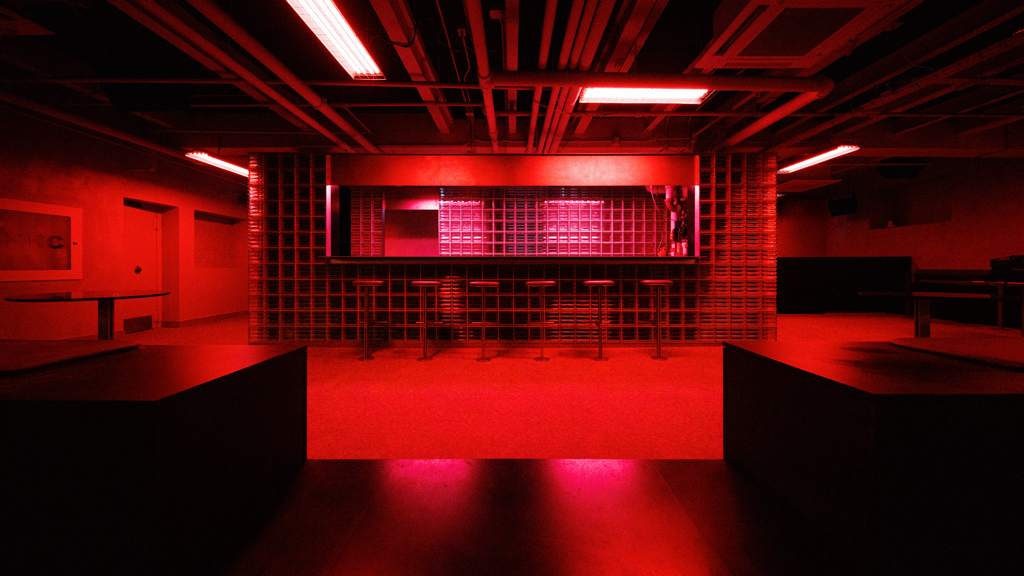Published
Wed, Dec 29, 2021, 10:30
- For clubs that opened in 2021, the spread of Omicron has brought particularly harsh consequences.

In the past six months, the opening of new clubs around the world has instilled a sense of recovery to an industry brought to its knees by the pandemic. That optimism has now soured.
At the close of 2020, entrepreneurs preparing to launch nightlife venues had no choice but to patiently postpone their plans. Buoyed by the hope that vaccine rollouts would reignite the entertainment sector, many finally bit the bullet this year. Among the new entrants were Kyiv's ARSENAL XXII, Hanover's Weltspiele, Rash in New York, London's Glam Shoreditch, ÆDEN in Berlin and Toronto's Sub Division.
Uplifted by the return of parties and festivals, several owners believed the worst was over as they unveiled their respective venues. While a lingering sense of caution remained, many felt certain that another lockdown was off the cards.
"At the time of opening, we were optimistic," Lennart Wiehe, co-curator at Weltspiele, told Resident Advisor. "Politicians had promised there wouldn't be another lockdown for a fully vaccinated population, Covid-19 numbers were low and the mask mandate was gone."
On the other hand, the team behind Sub Division were extra wary. Though Toronto's nightlife resumed this past August with a strict 25 percent capacity limit, the basement club only opened its doors in November.
"I was comfortable being patient if it meant a better chance of getting it right... I didn't want to rush to open just for opening sake," said founder Ryan Fisher. He decided on a two-day week as a way to keep the team small in case of further pandemic-related chaos. That meant forgoing revenue on top of the income lost from strict capacity rules.
Unfortunately, Fisher's preventative measure came into play. The recent emergence of the Covid-19 variant Omicron has sent another shockwave through electronic music ecosystems, forcing governments in Italy, Germany, France, the Netherlands, Scotland and parts of Canada, among others, to close clubs. It's a similar situation in Mumbai and Rio de Janeiro, where night curfews are in effect. Numerous venues in New York and London, where nightlife is still open, have also shut or cancelled events out of caution.
"Reality has once again caught up with us," Ghent spot Funke wrote via Instagram last month, announcing its three-week closure. The post described the new rules as "another slap in the face." Funke was open for just two months before Belgium closed clubs in late November.
While venues are suffering across the board, the situation is particularly rough on new businesses. Financial blows aside, the pandemic has crippled efforts to develop a brand identity, secure a loyal customer base and forge relationships with dance music communities.
"Cancelling bookings for December and January was particularly terrible as we're a new club and we're trying to build trust with artists and agencies," Weltspiele's Wiehe said. "It's not the best way to start longterm relationships." Being unable to confirm 2022 bookings also means Weltspiele can't fully showcase its musical direction to prospective regulars. "The team is very frustrated, there's a lot of internal insecurity," Wiehe added.
When the time to reopen finally comes, new venues could find themselves in an even more precarious situation than older businesses.
The lack of a reliable crowd, as Fisher noted, has a spillover effect. "It's tough to start out as an emerging talent because priority #1 is selling tickets," he explained. "Venues have high rent and finances dictate who they book. If you don't have a following yet, you can't sell tickets and that usually means you don't get good gigs."
With the pandemic increasing general expenses and squeezing supply chains, nascent establishments are also unable to pass on higher operating costs to the consumer.
"As a new business, we're forced to be realistic about where we are in the ecosystem," Fisher continued. "We need to attract our audience and gain attention, we can't price ourselves out of doing that. So we have to stay focused on putting in the time and effort into creating a really nice experience for people, even while losing money doing it. It's a slow play, an unfortunate one, but that's the hand we have been dealt with Covid-19."
Adding to the list of worries is the challenge of sourcing experienced employees. Given the rollercoaster ride of regulations over the past two years, countless nightlife workers across the globe have switched industries—a labour crunch that's increased prices for existing personnel.
"I'm really anxious for when we can reopen [that] there will be an even smaller pool of workers willing to take the risk of being unemployed again," said Wiehe. "Bouncers were particularly hard to find when we opened, we had to get people coming in from Berlin on the weekends."
As well as blindsiding new businesses, Omicron has reignited frustrations about government attitudes towards the night-time economy. In countries where events are still legally allowed, attendance has been scarce as officials advise the public to limit social gatherings. Many organisers feel the decision to keep nightlife open in places such as the UK and US is simply a means for governments to avoid additional payouts.
In the UK, the Night Time Industries Association (NTIA) has warned of industry-wide bankruptcies in the absence of more support mechanisms. In Germany, any state aid will likely be paid out much later, Wiehe said.
"That wouldn't even help us pay salaries right now," he warned. "If public funding vanishes, clubs certainly won't survive as they did last year."